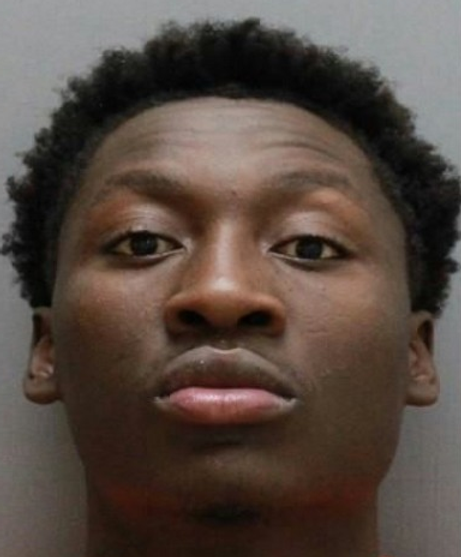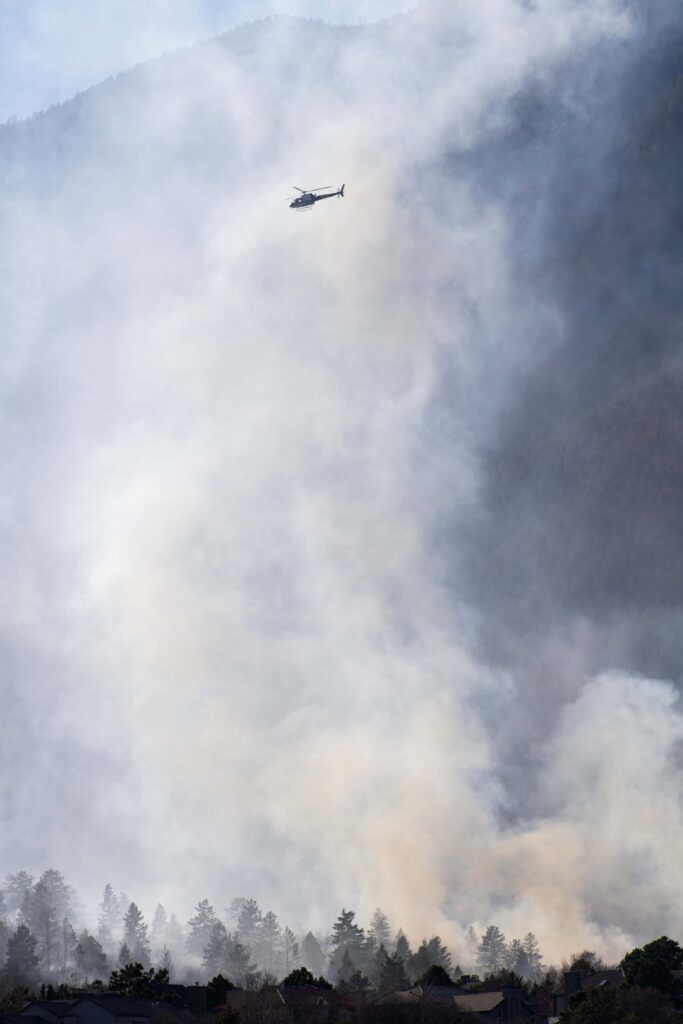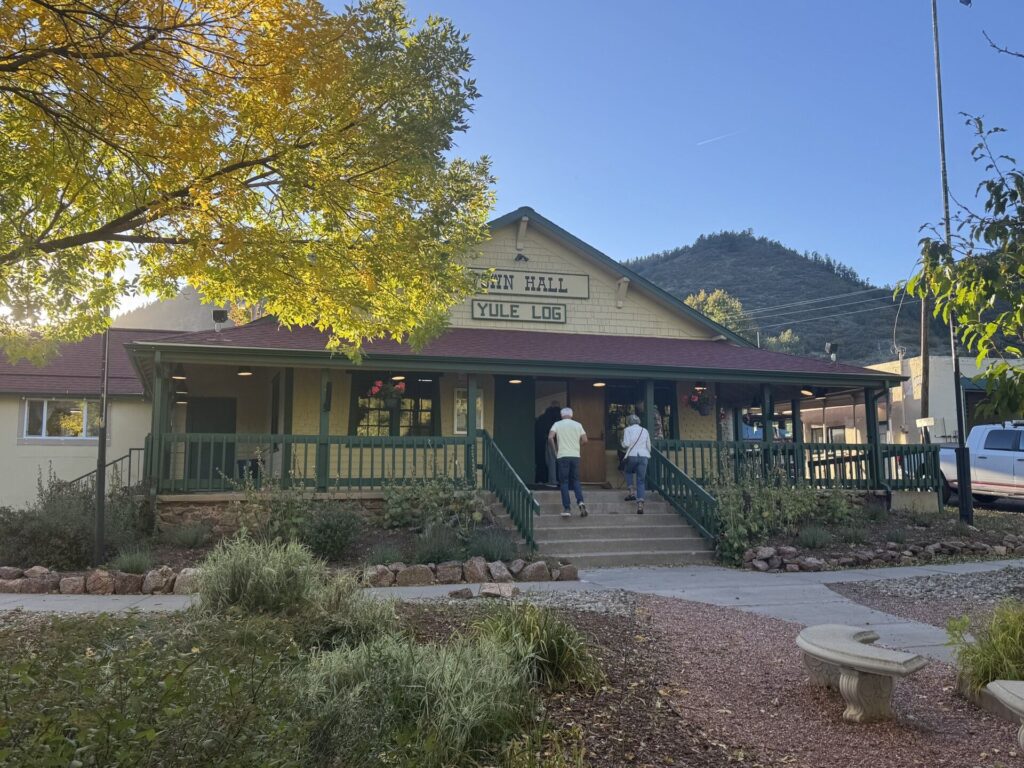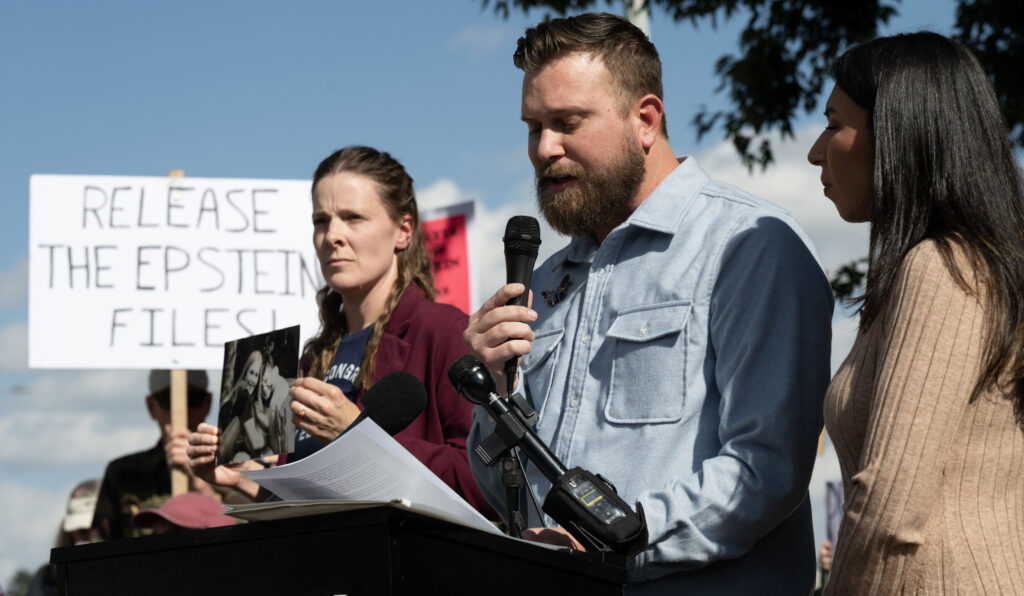Wyoming pass landslide brings mountain-sized headache to commuting workers | OUT WEST ROUNDUP
WYOMING
Landslide adds mountain-sized headache to commuters
CHEYENNE — A landslide that wiped out a vital two-lane road in western Wyoming is causing a mountain of headaches for thousands of commuting tourist town workers at the outset of the Yellowstone region’s busy summer season.
After the slide sent both lanes crashing into a ravine near the 8,400-foot Teton Pass on June 8, it’s anybody’s guess when Wyoming Highway 22, between Jackson, Wyoming, and eastern Idaho, will reopen.
For thousands of daily commuters who work in pricey Jackson and live in more affordable eastern Idaho, the highway is a crucial, twice-daily link.
When a crack opened and the road dropped a bit on June 7, a quick patch enabled traffic to resume until a mudslide a ways down the road closed the highway again.
That closure turned out to be a good thing. Nobody was driving on the previously cracked section when it tumbled dozens of feet downhill early the next morning.
Colorado receives $501 million loan to improve I-25 express lanes between Denver and Fort Collins
Teton County, Wyoming, is extraordinarily expensive, with the average single-family home recently topping $7 million, according to one recent report.
That’s far too expensive for many of the teachers, health care workers, public safety officers and others who work in Jackson, the main town in Teton County.
Each day, thousands make — or used to make — the half-hour-plus drive over Teton Pass from more affordable communities in eastern Idaho. Commuters are now looking at at least another hour of driving and possibly two through a different route into Wyoming.
At least partially reopening the road will take weeks but not months, according to the Wyoming Department of Transportation.
ARIZONA
Voters to decide if local police can arrest border-crossers
PHOENIX — The Republican-controlled Arizona Legislature gave final approval on June 4 to a proposal asking voters to make it a state crime for noncitizens to enter the state through Mexico at any location other than a port of entry, sending the measure to the Nov. 5 ballot.
Approved on a 31-29 vote by the state House, the proposal would allow state and local police to arrest people crossing the border without authorization. It would also give state judges the power to order people convicted of the offense to return to their countries of origin.
The proposal bypasses Democratic Gov. Katie Hobbs, who had vetoed a similar measure in early March and has denounced the effort to bring the issue to voters.
Hobbs spoke out against the bill’s approval, saying, “Extremists in the legislature have chosen to prioritize their political agendas over finding real solutions.”
Lawmakers voted along party lines, with all Republicans voting in favor of the proposal and all Democrats voting against it.
Supporters of the bill said it was necessary to ensure security along the state’s southern border.
Opponents called the legislation unconstitutional and said it would lead to racial profiling and create several millions of dollars in additional policing costs that Arizona cities, counties and state can ill afford.
While federal law already prohibits the unauthorized entry of migrants into the U.S., proponents of the measure say it’s needed because the federal government hasn’t done enough to stop people from crossing illegally over Arizona’s vast, porous border with Mexico.
Under the proposal, a first-time conviction of the border-crossing provision would be a misdemeanor punishable by up to six months in jail. State judges could order people to return to their countries of origin after completing a term of incarceration, although the courts would have the power to dismiss cases if those who were arrested agreed to return home.
The proposal includes exceptions for people granted lawful presence status or asylum by the federal government.
NEW MEXICO
Judge halts mandate for districts to add school days
ALBUQUERQUE — A new mandate that requires school districts across New Mexico to adopt calendars that consist of at least 180 days was put on hold by a judge on May13 while he considers the change’s legality.
Dozens of school districts and superintendents have been challenging the state Public Education Department over the change. Teacher unions and Republican lawmakers also have raised concerns about the rule.
In granting the school districts’ request for a preliminary injunction, Judge Dustin Hunter said the rule undermines the legislature’s intent when it adopted legislation in 2023 that called for extending the number of hours children spend in the classroom and the time teachers have for professional development.
“If the Legislature had intended to expand the number of days with all the accompanying costs — such as transportation and food and specialty providers such as special education and everything else — it necessarily would have provided the funding or given clear guidance as to why it was unable to,” Hunter said.
The plaintiffs had argued that the requirement would result in budget shortfalls, particularly for districts that have operated on four-day weeks for decades.
The legislation passed in 2023 increased the number of hours students needed to be in school from roughly 1,000 hours to 1,140 hours. The change meant several districts around the state had to lengthen the school day or add more days to meet the requirement.
SOUTH DAKOTA
State bans pronouns, tribal affiliations in university emails
A new South Dakota policy to stop the use of gender pronouns by public university faculty and staff in official correspondence is also keeping Native American employees from listing their tribal affiliations in a state with a long and violent history of conflict with tribes.
Two University of South Dakota faculty members, Megan Red Shirt-Shaw and her husband, John Little, have long included their gender pronouns and tribal affiliations in their work email signature blocks. But both received written warnings from the university in March that doing so violated a policy adopted in December by the South Dakota Board of Regents.
The policy is billed by the board as a simple branding and communications policy. It came only months after Republican Gov. Kristi Noem sent a letter to the regents that railed against “liberal ideologies” on college campuses and called for the board to ban drag shows on campus and “remove all references to preferred pronouns in school materials,” among other things.
Colorado State University lands $25 million grant to boost methane detection work
All nine voting members of the board were appointed by Noem, whose remarks in March accusing tribal leaders of benefitting from illegal drug cartels and not properly caring for children has prompted most South Dakota tribes to ban her from their land.
Red Shirt-Shaw said in social media posts that being told she could not list her tribal affiliation as part of her signature felt like further erasure of Native people in South Dakota.
Both she and Little have begun listing their tribal affiliation and pronouns in the body of their emails, which the university currently is allowing.
KANSAS
Efforts amp up to lure Chiefs from Missouri
TOPEKA — Top Kansas legislators have intensified efforts to woo the Super Bowl champion Kansas City Chiefs across the state line by offering to let the professional football franchise shape a plan for using state bonds to finance a new stadium in Kansas.
Kansas House Speaker Dan Hawkins and Senate President Ty Masterson said in a statement on June 4 that the legislature would consider the proposal during a special session set to convene June 18. They invited the Chiefs “to weigh in on” the plan in a letter May 23 to Chiefs Chairman and CEO Clark Hunt, which the leaders released on June 4.
Kansas officials saw an opening in early April after voters on the Missouri side of the Kansas City metropolitan area decisively refused to extend a local sales tax used to keep up the complex housing the Chiefs’ Arrowhead Stadium and Kauffman Stadium, home to professional baseball’s Kansas City Royals.
The height of controversy: Proposed 36-story high-rise in downtown Colorado Springs spurs views vs. vibrancy debate
Hunt told reporters in April that the Chiefs would take “a broader perspective” about the team’s future home after the vote in Missouri.
The plan favored by Hawkins, Masterson and other members of the Republican-controlled Kansas legislature would pay off bonds for a new stadium with sales and alcohol tax revenues generated in a designated area around the stadium.
Democratic Gov. Laura Kelly called the special session to consider broad tax cuts after vetoing three previous tax plans, but legislators can consider whatever they want.











